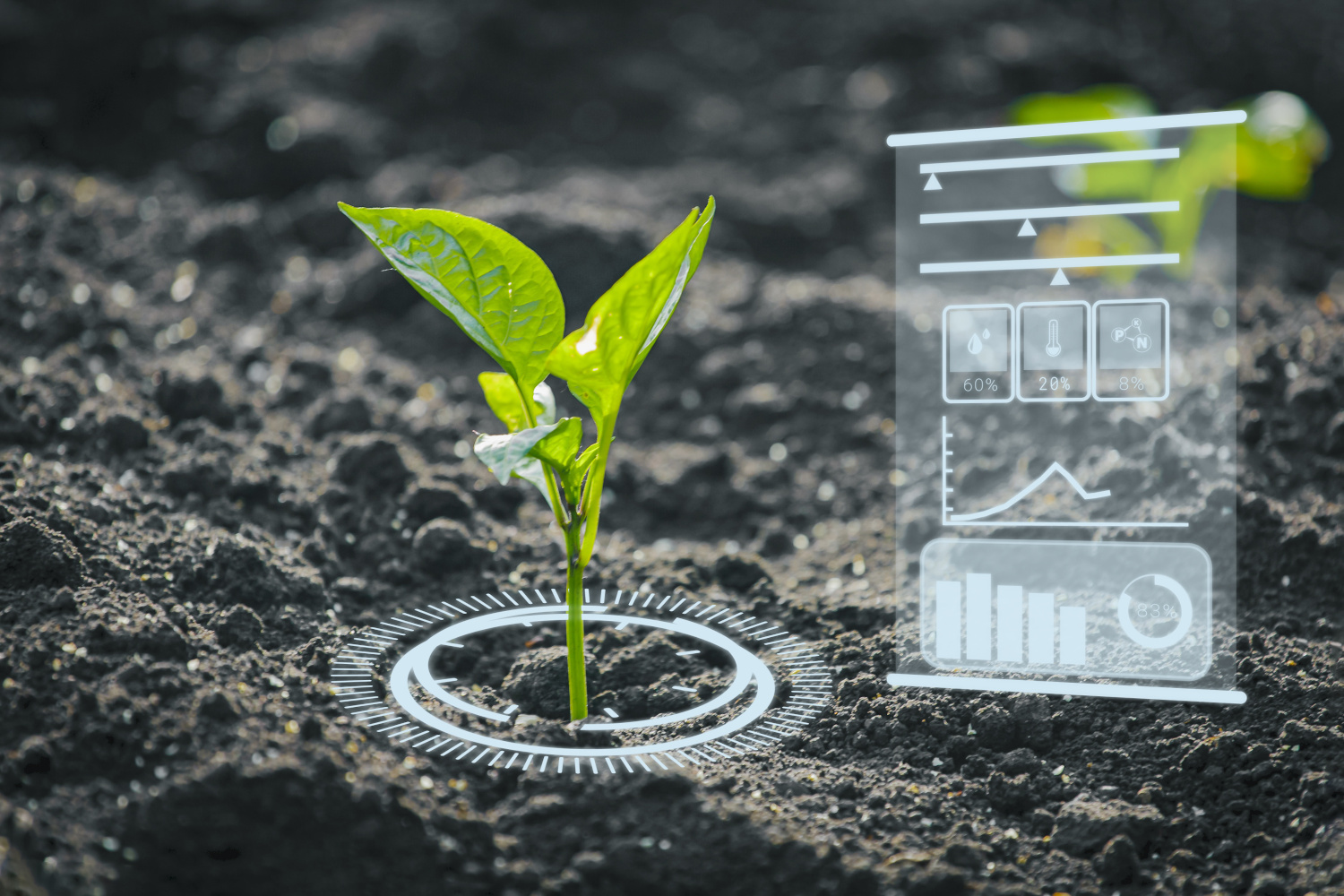
AI and Sustainability
We continue to learn more about the importance of sustainability and how reducing our carbon footprints can mitigate global climate change, improve public health, boost the economy, and more. Artificial Intelligence (AI) solutions can be leveraged in a variety of ways to discover new insights and create solutions to aid our planet.
While AI computing infrastructure can have a carbon footprint, many enterprises are applying AI to find operational efficiencies that build a sustainable future. Today, let’s visit three important environmental subjects and how AI applies to them: climate change, biodiversity, and ocean health.
Machine learning and AI can be used to optimize energy generation and renewable energy use.
Climate Change
Atmospheric carbon dioxide levels are rising, and there is a dire need to manage and cut down upon greenhouse gas emissions. Machine learning and AI can be used to optimize energy generation and renewable energy use. Per the Capgemini Research Institute, AI will help reduce greenhouse gas emissions by 16% in the next three to five years. How?
AI powered solutions can dependably measure the baseline of climate influence, allowing for companies to then take action. One example of this is electricityMap, which displays cleanliness of electricity across the world and predicts carbon footprint data by country. Google has used this to carry out tasks with times of low-carbon electricity supply in the grid, therefore cutting down on carbon dioxide emissions.
Many companies are also using AI to create new solutions, cutting back on greenhouse gas emotions. For example, Wi-Charge created a wireless transmitter to replace batteries, one of the top polluters on the planet. Each Wi-Charge transmitter eliminates 5,000 batteries.
As more enterprises begin to take advantage of AI-powered solutions and create new ones, we are likely to see improvements in greenhouse gas emissions, as previously predicted, leading toward a cleaner and more sustainable planet.
Biodiversity
Biodiversity is another major challenge for our planet. Over 14,000 species in the US are listed as endangered, primarily due to human interference in terms of poaching, overpopulation, habitat destruction, and climate change.
AI has the potential to help with this massive issue. Deep Learning models can implement pattern recognition and identification, able to distinguish unique creatures through audio and video, something humans have struggled with.
AI solutions can find these endangered species based on images, then map and share observations.
One example of this is Penguin Watch, a project that captures time-lapse pictures of penguin colonies in Antarctica. These penguins were threatened, but deep learning algorithms helped humans to identify each penguin and track them in order to understand these creatures and how best to protect them.
Ocean Health
Marine life and oceans are facing incredible damage. Even if we halted all of our fossil fuel activity today, scientists note that we are on track to lose 90% of the ocean’s corals by 2050. Similar to biodiversity, many marine species are also on the verge of extinction. However, AI-powered solutions are making a difference in this space.
One example is Flukebook.org, which allows conservationists to study and protect whales and dolphins by helping to identify species and gathering a large pool of data. Another is Ocean Cleanup, which is a non-profit that uses AI to clean oceans by extracting plastic pollution.
Through heavy amounts of data collection and identification, AI is allowing conservationists to learn more about oceans and even work toward regenerating them.
AI is Helping
As AI-powered solutions are created and implemented to improve sustainability practices, we can be hopeful that the health of our planet is on track to heal beyond what we formerly thought possible. Conservationists and technological advancements are coming together, and we at Iterate are looking forward to the future.
Our Innovation Blog
Stay ahead of trends with insights from iterate.ai experts and advisors